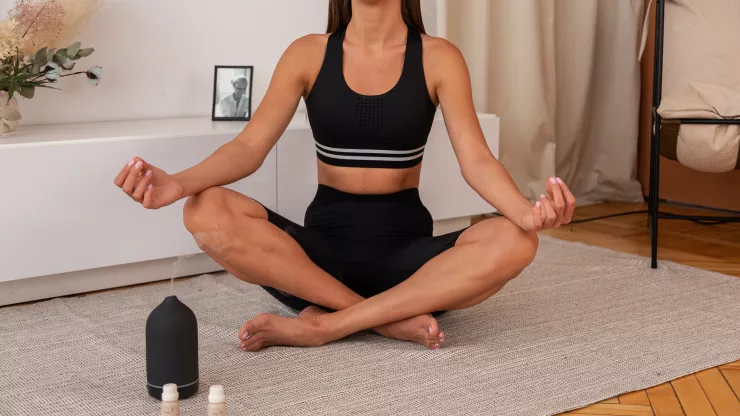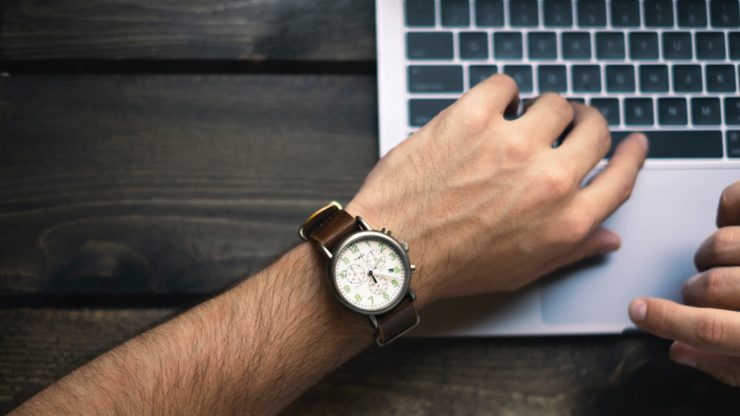INTRO: Being More Present: The Power of Now
In today’s fast-paced world, it’s easy to get caught up in the chaos of our daily lives and forget to be present in the moment.
However, being more present can help us experience life more fully and improve our overall well-being.
When we’re fully engaged in the present moment, we’re not worrying about the future or dwelling on the past.
Instead, we’re focused on what’s happening right now, which can help us reduce stress and anxiety and increase our sense of happiness and contentment.
Mindfulness: A State of Being
Mindfulness is the practice of being fully present and engaged in the current moment. It involves paying attention to your thoughts, feelings, and surroundings without judgment.
Mindfulness is not something that can be achieved overnight, but it’s a skill that can be developed over time with practice.
When we’re mindful, we’re able to observe our thoughts and emotions without getting caught up in them, which can help us reduce stress and improve our overall mental health.
Overcoming Distractions and Mind Wandering
One of the biggest challenges to being more present is the constant distractions that surround us.
Whether it’s our smartphones, social media, or the demands of our busy lives, it can be difficult to stay focused on the present moment.
One strategy for overcoming distractions is to practice mindfulness meditation.
This involves sitting quietly and focusing on your breath or a specific object, which can help you train your mind to stay focused on the present moment.
Another strategy is to create a daily routine that includes time for mindfulness practice, such as yoga, meditation, or journaling.
Techniques to Practice Mindful Presence
There are several techniques you can use to practice mindful presence, including:
- Mindful breathing: Focus on your breath and observe the sensations in your body as you inhale and exhale.
- Body scan meditation: Scan your body from head to toe, noticing any sensations or tension.
- Mindful eating: Pay attention to the taste, texture, and smell of your food as you eat.
- Gratitude practice: Take time each day to reflect on the things you’re grateful for.
The Benefits of Living in the Present Moment
Living in the present moment can have a profound impact on our lives. When we’re fully engaged in the present moment, we’re better able to:
- Reduce stress and anxiety
- Improve our relationships with others
- Increase our sense of happiness and fulfillment
- Enhance our creativity and productivity
- Improve our overall well-being
Embrace the Present and Discover Inner Peace
Being more present is not always easy, but it’s a skill that can be developed with practice.
By learning to focus on the present moment and letting go of distractions and worries, we can experience a greater sense of inner peace and contentment.
So take a deep breath, let go of the past and future, and embrace the present moment. You might just be surprised at how much more fulfilling life can be.
FAQ
How long does it take to develop mindfulness skills?
Developing mindfulness skills is a process that takes time and practice. While some people may see benefits from mindfulness meditation after just a few sessions, it can take weeks or even months to develop a consistent practice.
Can mindfulness be practiced anywhere?
Yes! Mindfulness can be practiced anywhere, at any time.
You can practice mindfulness while walking, cooking, or even doing chores. The key is to be fully present and engaged in the current moment.
Is mindfulness a form of meditation?
Mindfulness is often associated with meditation, but it doesn’t have to involve sitting quietly. Mindfulness can be practiced in many different ways, including through movement and breathing exercises.

With a deep passion for personal development, Ben has dedicated his career to inspiring and guiding others on their journey towards self-improvement.
His love for learning and sharing knowledge about personal growth strategies, mindfulness, and goal-setting principles has led him to create My Virtual Life Coach.
Contact Ben at [email protected] for assistance.




